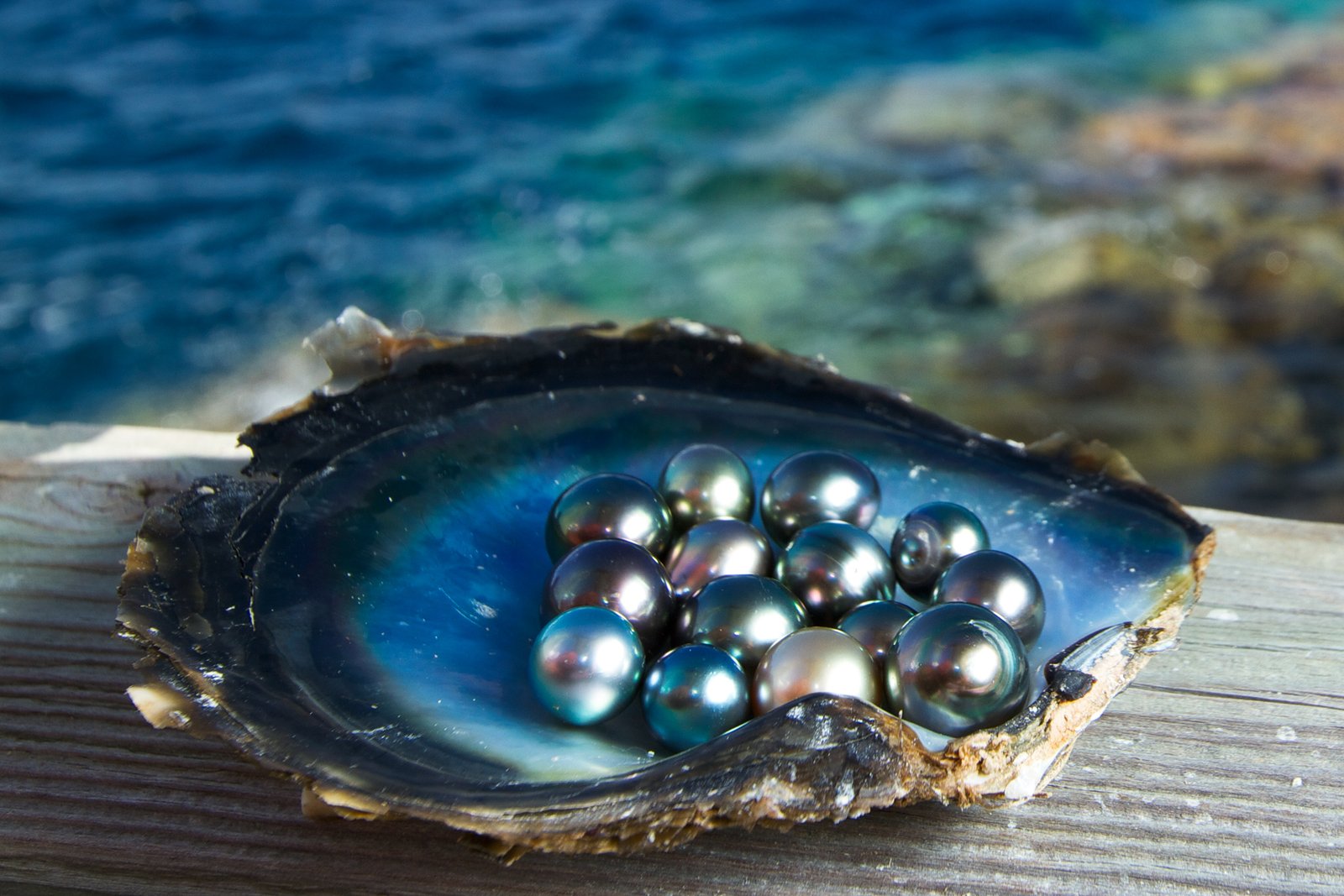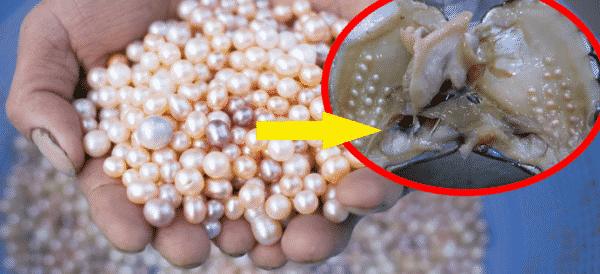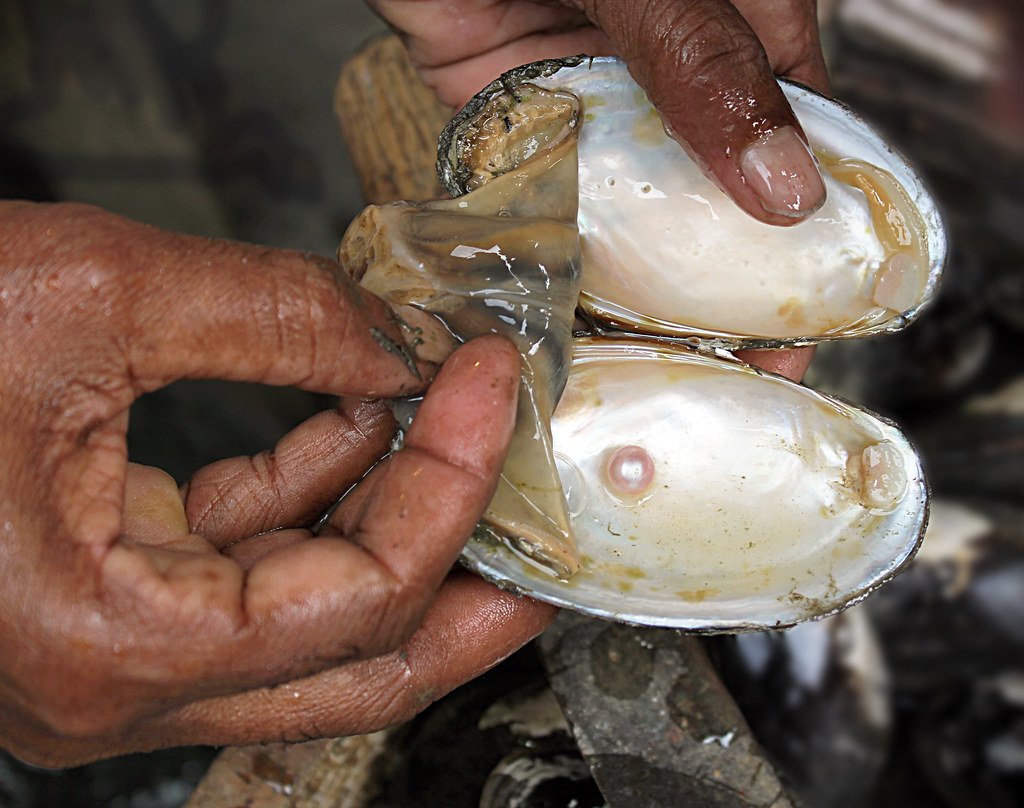Pearl Farming
Complete Guide for Starting & Operating a Business.
Pearl farming is one of the best aquaculture businesses in India, as pearls have excellent demand in the market. who can get into the pearl farming business? well anybody interested to earn profits by dedicating his time to culture the oysters. pearls have great demand in local as well as export markets. You can carry out pearl culture farming along with other fish farming or any aquaculture businesses. Under ideal aquaculture practices of mussels, one can obtain decent profits with commercial pearl farming project. In a commercial pearl farming project, the first year investment will be more as you need a fixed asset set up. You can assume 3/4 to a 1-acre, the cost of the pearl project would be around 4 lakhs rupees approximately. When it comes to profits in commercial pearl farming project, you can expect 50 to 60% under ideal aquaculture management practices. However, if you put more dedication and hard work into the project even 100% profit possible.
The important and main mussel species used for the production of pearls in India are:
- Lamellidens marginalis (freshwater).
- corrianus (freshwater).
- Parreysia corrugata (freshwater).
How do we get the desired pearl shape in the pearl farming project? well, for this, “Nucleus or Bead” is inserted (which is made from dead mussels shells) along with some solution in the mussels to get the required/desired pearl shape. you can produce round, half-round, designer pearls with the inserted Nucleus.
Types of Pearls/Pearl Varieties
There are mainly three types of pearls
- Natural pearls: in this type, the shape of the pearl depends on the original shape of the foreign body.
- Artificial pearls: These are artificially made and coated with a synthetic material.
- Cultured pearls (freshwater): These are cultured pearls in freshwater such as ponds, rivers etc.. you can get the desired shape in this type.
Under the above categories, here are some list of pearls.
- Natural pearls.
- Freshwater cultured pearls.
- Keshi pearls
- Saltwater cultured pearls.
- Mabe pearls.
- Japanese cultured pearls.
Chemical Composition of Pearls:
- 82 to 85% of aragonite calcium carbonate.
- 10 to 13% of the organic matrix.
- 2 to 5% of water.
Points to Consider Before Starting A Commercial Pearl Farming Project
- First and foremost, the pearl farming business is a long-term project, you should dedicate time and hard work along with initial investment to set up the pearl farming project.
- You must choose a secured a safe site/location for setting up a commercial pearl farming project. It should be free from predators, floods other threats.
- You must have a good source of Oysters to culture in the pond.
- You must have some skills of grafting techniques in pearl culture as this is essential for commercial pearl farming project. You can visit nearby pearl farms to learn these tips of freshwater pearl culture.
- Finally, you should establish a good marketing channel to sell the pearls produced on your farm.
- You must prepare a Pearl Farming Business Plan which includes all the financial aspects of the farm from buying mussels to marketing pearls.
Pearl Farming Project Cost and Profits
The following is a model/sample pearl farming project report which includes fixed and variable costs. Please note that the values/figures/numbers mentioned in the project report may change from time to time and region to region and variety to variety of pearls.



